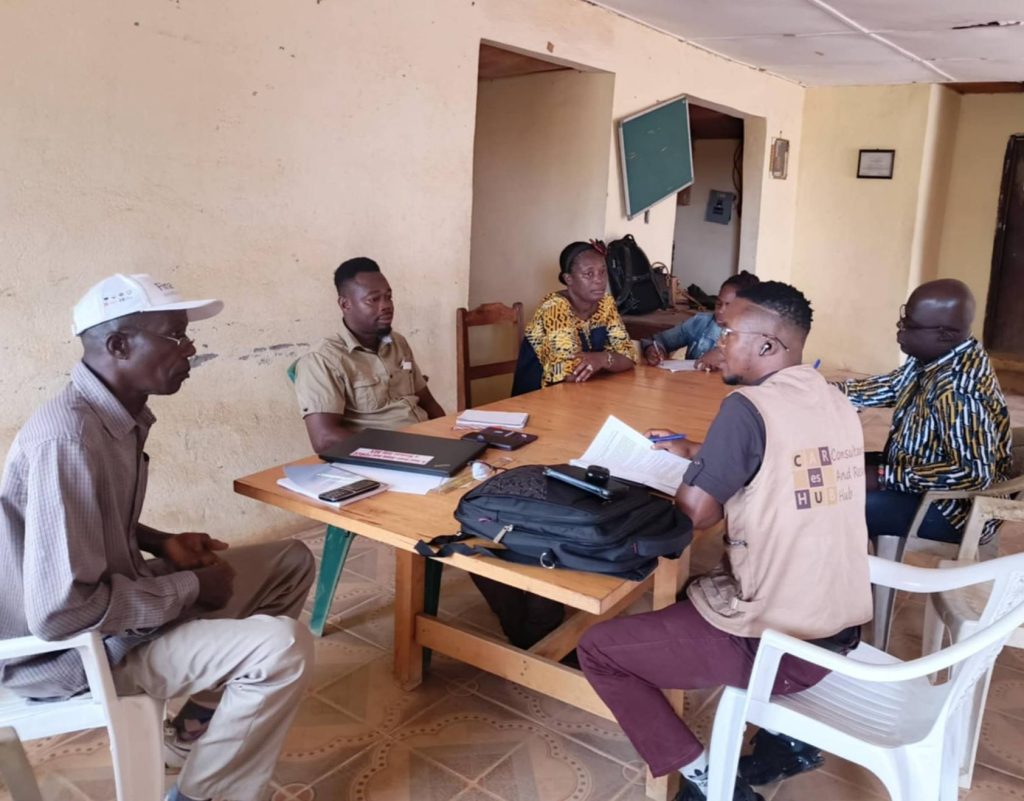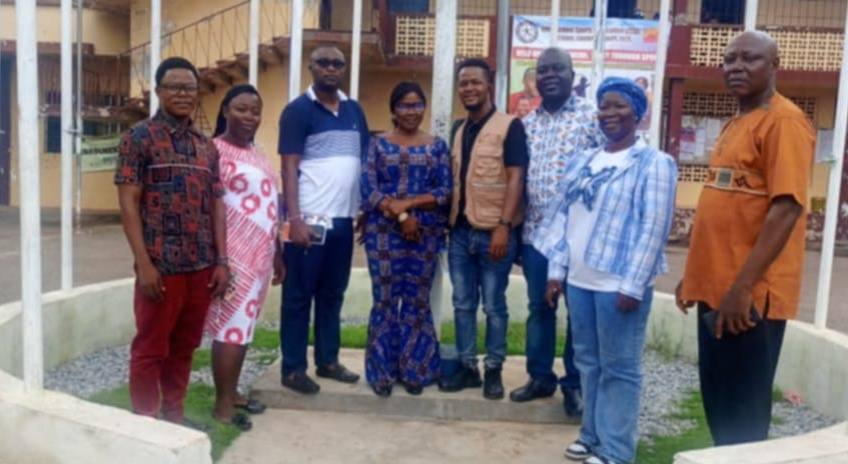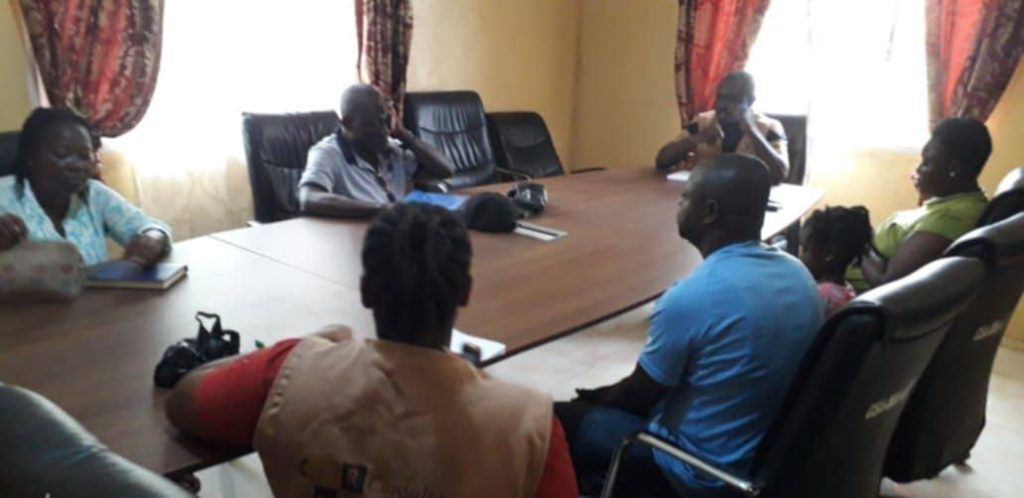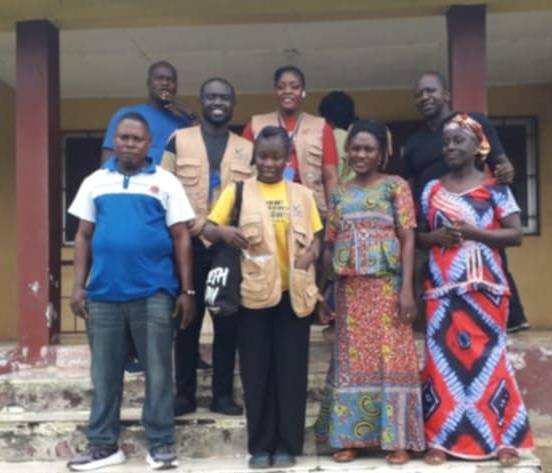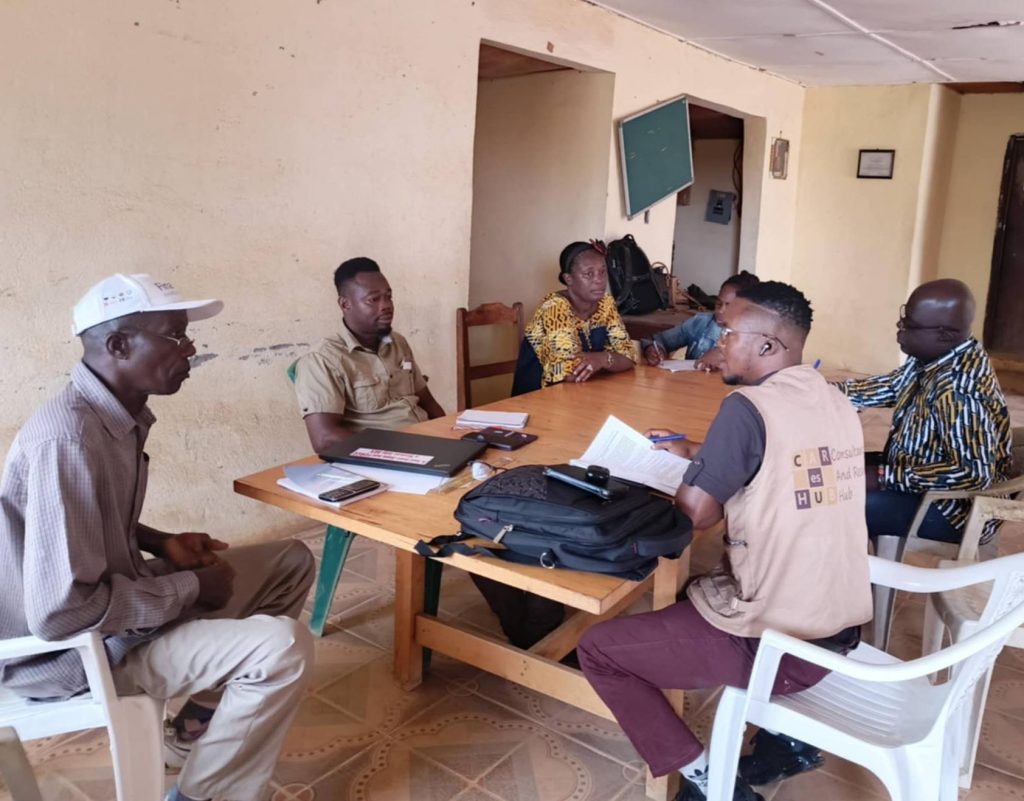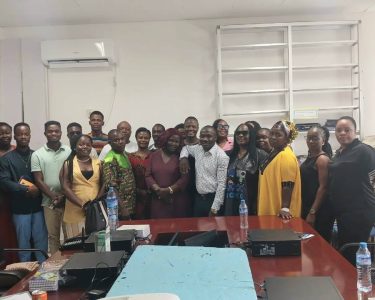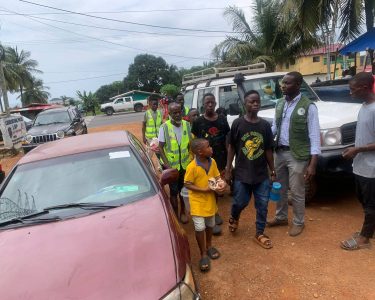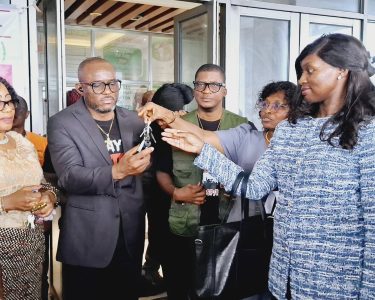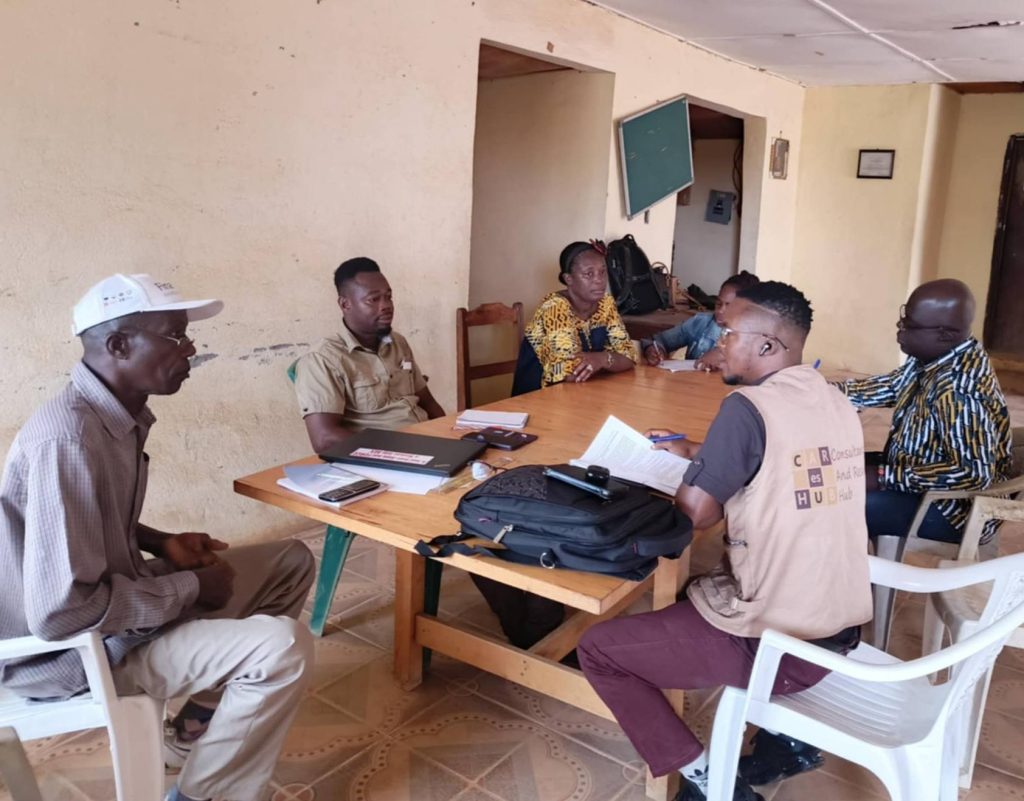
As part of the development of its five-year strategic plan, the Ministry of Gender, Children and Social Protection (MGCSP) have hired the Consultancy services of Enterprise Impacts Growth Limited (EIG), an international firm, to conduct a Capacity Needs Assessment(CNA) across the twelve (12) Counties for phase two . The exercise aimed at identifying institutional and individual capacity gaps within the Ministry’s sub-national structures, with a focus on enhancing service delivery for gender equality, child protection, and social welfare.
2. Objectives of the Assessment
The primary objective of the MGCSP staff accompanying the consultants is to provide technical support as well as ensure alignment with the Ministry’s policies and local context throughout the assessment process.
3. Specific Roles and Responsibilities
The MoGCSP staff assigned to accompany the consultants performed the following duties:
1. Technical Support and Facilitation
o Serve as a liaison between the consultants and County Gender Coordinators.
o Provide guidance on the Ministry’s policies, programs, and institutional structures.
o Support the facilitation of key informant interviews, focus group discussions, and other data collection activities.
2. Logistical Coordination
o Assist in organizing meetings and field visits with county stakeholders.
o The MGCSP through the Liberian Women Empowerment Project (LWEP) will coordinate the logistical arrangements.
3. Stakeholder Engagement
o Help mobilize relevant stakeholders including county officials, community-based organizations, women and youth groups, and local service providers.
o Ensure inclusiveness and sensitivity to gender and cultural dynamics during engagements.
4. Quality Assurance and Oversight
o Monitor the field process to ensure alignment with the agreed methodology and ethical standards.
o Document any challenges, observations, or recommendations that may enhance the assessment’s effectiveness.
5. Reporting and Communication
o Provide daily updates to the central MGCSP coordination team.
Support the preparation of brief field reports summarizing key findings, lessons learned, and recommendations from the assessment
4. Methodology
• Key Informant Interviews (KIIs) with Gender Coordinators and County Administrators.
• Focus Group Discussions (FGDs) with Ministry staff and Partners.
• Field observations of office space, assets, and service delivery points.
• Stakeholder validation sessions led by EIG consultants.
The field assessment underscores the Ministry’s critical role at the county level and the urgent need to address capacity gaps. Strategic investment in logistics, infrastructure, human capital, and stakeholder coordination is essential to improve service delivery and gender responsiveness across Liberia.
